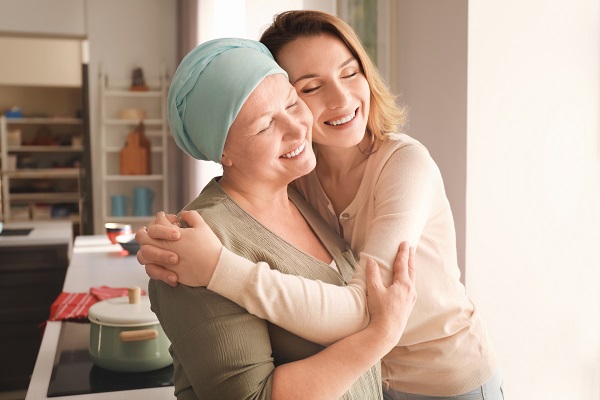FAQs: Types of Cancer Treatments

Cancer treatments can be overwhelming to patients and the people surrounding them. Many families battle cancer every day. Some of them are new to this fight. The stress from cancer treatments often makes treatments seem unclear. Communicating with your doctor can help remove this confusion. If you want to find out more about the types of cancer treatments, here are common questions about them and the corresponding answers.
What are the different cancer treatments?
Oncologists treat cancer with chemotherapy, surgery, and radiation therapy. They also use immunotherapy, radioactive substances, and hormone therapy. A doctor may use at least one method to target cancer. Treatment choices depend on the cancer’s location and cancer type.
It also depends on the patient’s general health and age. Another factor is how much the cancer has spread. Many patients agree to go through clinical trials for new cancer treatments. These aim to improve the current treatments of cancer.
How does chemotherapy treat cancer?
Chemotherapy aims to kill cancer cells. Different drugs can do this via different routes. Patients can take chemotherapy drugs by mouth, body cavity, or veins. Even if this treatment kills cancer cells, it can also destroy healthy cells. That is why fast-growing cells like blood cells and hair cells die.
There is a specific drug for every type of cancer cell. These drugs target the growth patterns of each cancer cell. Each of them works on a cancer cell’s life cycle. The doctor will choose the right chemotherapy drug for each patient.
What is nutrition therapy?
Stomach and intestinal problems often plague cancer patients. Nutrition therapy can prevent malnutrition in patients who have a hard time eating. It can also meet dietary needs and regain healthy digestion. Cancer patients must have the strength and nourishment during their cancer treatments. This is an effective way to endure chemotherapy drugs.
How does radiation therapy work?
Radiation therapy, at high doses, can slow the growth of or kill cancer cells. The DNA of cancer cells deteriorates with radiation. Cancer cells stop multiplying or die off when this happens. The body then expels the dead cancer cells. It takes days or weeks for radiation therapy to work. The cancer cells will continue to die even after the therapy ends.
What is immunotherapy?
Immunotherapy is a cancer treatment that helps bolster the patient’s immune system. The immune system fights infections and other forms of diseases. Its soldiers are the lymph system’s tissues and white blood cells. Immunotherapy is a form of biological therapy. It uses organic substances from living organisms to treat a patient’s cancer.
Should doctors know about the side effects that their patients have?
Doctors should know about the adverse effects of cancer treatments. This is important in providing quality care for cancer patients. If side effects do not receive treatment, these can drain patients and delay healing. There should be constant communication between patient and doctor. This is key to having smooth and efficient cancer treatments.
Receiving proper guidance during cancer treatments is important
Doctors and patients should maintain constant communication. This will ensure the health and well-being of the patient. All cancer patients should understand the aspects of their cancer treatments. Seeing your doctor today can help you understand more about your condition and the treatments for it.
Get more information about Lindenberg Cancer & Hematology Center in Marlton at https://lindenbergcancer.com.
Check out what others are saying about our services on Yelp: Cancer Treatments in Marlton, NJ.
Recent Posts
A surgical oncologist helps diagnose and treat cancer using advanced procedures and often works closely with medical and radiation teams to coordinate care. Many patients hear the term after an abnormal scan, biopsy, or referral, and want a clear explanation of what this specialist does. Understanding how this specialty fits into cancer care can make…
Getting diagnosed with ovarian cancer is overwhelming to say the least, and many patients leave the doctor’s office thinking of questions they wish they had asked. Fortunately, you can bring these questions to your next appointment with the oncologist. Patients are encouraged to ask any questions they have to better understand their diagnosis, explore treatment…
Leukemia treatment aggressively targets cancer cells, but healthy cells can also be affected, leading to side effects. An oncology team can prevent problems early and ease symptoms fast. Clear expectations and communication help patients stay safer and more comfortable during care. Many side effects remain manageable when patients report their symptoms early, and supportive care…
Hematologic disease treatment often begins long before a formal diagnosis, because the earliest warning signs appear in everyday life. Fatigue, easy bruising, or frequent infections may not seem serious at first, yet they sometimes indicate that the blood, bone marrow, or lymphatic system needs attention. Understanding which symptoms matter, how long they last, and when…


